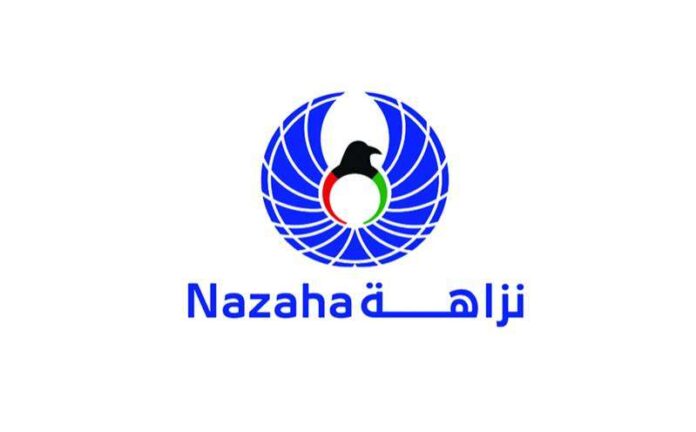Haya Faisal Al-Sayer, the Director of the Research and Studies Department at the Anti-Corruption Public Authority (Nazaha), has affirmed the Authority’s collaboration with the United Nations Development Programme to include the State of Kuwait in the Rule of Law Index, published by the World Justice Project annually since 2009.
Nazaha’s interest in this index stems from its status as a foremost source of original and independent data on the rule of law, encompassing data not available in other sources. Notably, it is one of the factors used in calculating the Corruption Perceptions Index (CPI), to which Kuwait had not previously contributed, reports Al-Rai daily.
Al-Sayer explained Nazaha is committed to leveraging its capabilities to ensure the prudent management of the state’s finances, resources, and assets, optimizing their utilization, and reinforcing the rule of law. Raising awareness and educating the public on these objectives and principles holds significant importance in fostering an environment conducive to integrity and combating corruption. Such efforts also encourage community engagement in these initiatives.
She emphasized that Kuwait attained a score of 0.58 out of 1.00 in the Rule of Law Index for the year 2023, where scores range from 0 to 1. A score of 1 signifies the highest commitment to the rule of law. Consequently, Kuwait was ranked 52nd out of 142 countries globally and 2nd out of 9 countries regionally.
Al-Sayer further highlighted that the World Justice Project’s index covers 142 countries and relies on more than 149,000 surveys from individuals and 3,400 surveys from legal practitioners and experts. It is designed to measure and compare the experience of the rule of law at the national level, providing up-to-date and reliable information for policymakers and other stakeholders. Its primary goals are to stimulate policy reforms, inform program development, and guide research efforts aimed at fortifying the rule of law.
Nazaha, in cooperation with the UNDP, decided to include Kuwait in the index for the first year for the following four objectives:
1 – Supporting efforts to detect and prevent corruption.
2 – Measuring the indicator factors for Kuwait.
3 – Raising awareness of the importance of international indicators and their impact on the CPI and its role in combating corruption and achieving development goals.
4- Support reforms and policies.
“Rule of law” is defined as an indicator to measure and compare how adherence to the rule of law is practiced and perceived at the national level. A country’s adherence to the rule of law is viewed from the perspective of individuals and their experiences in their societies, and consists of 8 main factors divided into 44 sub-factors, as follows:
1 – Restrictions imposed on government authorities.
2 – Absence of corruption.
3 – Open government.
4 – Basic rights.
5 – Order and security.
6 – Regulatory enforcement.
7 – Civil justice.
8 – Criminal justice.

















